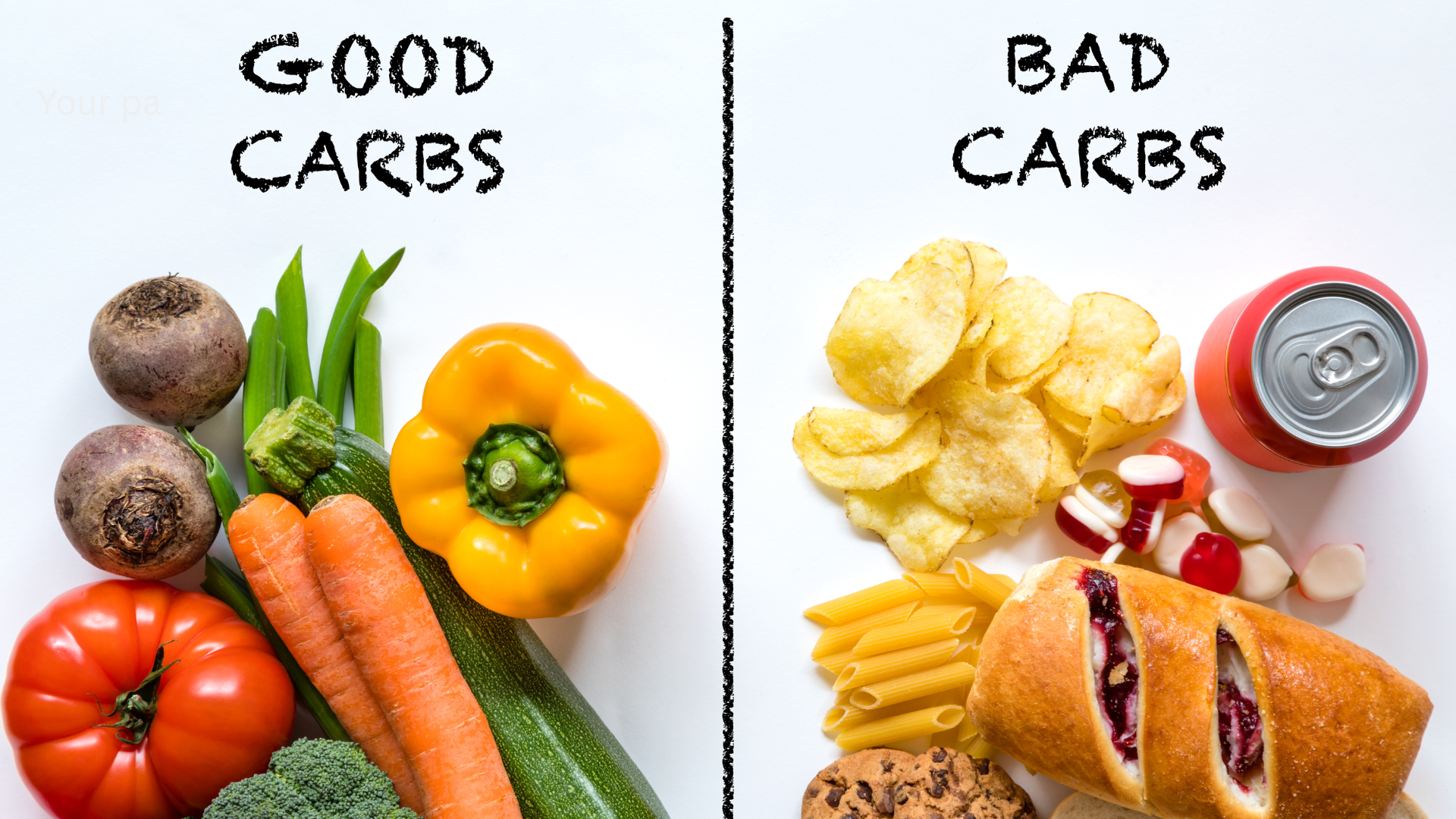Carbs and Diabetes: Unpacking the Myths and Emphasizing the Essentials


Carbs and Diabetes: Unpacking the Myths and Emphasizing the Essentials

Desmond Croker RN, Dip. OHS, BSN, MSN, CCDE
April 25 2025
Carbs and Diabetes: Unpacking the Myths and Emphasizing the Essentials
In the world of nutrition and diabetes management, carbohydrates often take the spotlight, sometimes in a negative way. There are a plethora of myths surrounding carbs, often leading to confusion and sometimes misinformation. However, organizations like Annie's Memorial Chronic Diseases Education Centre are working diligently to educate individuals about diabetes, empowering them to make informed choices regarding carbs, portion sizes, and overall health.
Carbs: Essential Fuel for the Body
First and foremost, it’s crucial to understand that carbohydrates serve as an essential fuel source for our bodies. They are not the enemy; in fact, they provide the energy that our brain and muscles require to function effectively. Carbohydrates break down into glucose, which is the primary source of energy. For those living with diabetes, this makes managing carb intake a vital aspect of daily lifestyle choices.
Being informed about the types of carbohydrates you consume can significantly affect diabetes management. They generally fall into three categories: sugars, starches, and fiber. While sugars can cause rapid spikes in blood glucose levels, complex carbohydrates, such as whole grains and legumes, digest more slowly, providing a steadier energy source.
Debunking the Myths Surrounding Carbohydrates
Annie’s Memorial Chronic Diseases Education Centre emphasizes the importance of education in debunking common myths about carbohydrates and diabetes. Here are a few persistent myths that need addressing:
- All Carbs Are Bad: One of the biggest misconceptions is that all carbohydrates are detrimental to health and should be avoided entirely. In reality, the key is to choose wisely. Whole, unprocessed carbs such as fruits, vegetables, and whole grains can be beneficial for managing diabetes.
- Low-Carb Is the Only Way: While some may find that low-carb diets help them manage their blood sugar levels, it’s not a one-size-fits-all solution. Many individuals can thrive on a balanced diet that includes carbohydrates, especially when portions are controlled.
- Carbs Don’t Matter as Long as You Count Calories: This is misleading. While calorie counting can help with weight management, the source of those calories matters significantly—particularly for individuals with diabetes. A calorie from a sugary snack affects blood sugar differently than the same calorie from a serving of quinoa.
Choosing and Balancing Portions
Education is key to effectively managing diabetes. At Annie's Memorial Chronic Diseases Education Centre, individuals can learn how to balance carbohydrate intake with healthy choices. Here are a few practical tips for choosing and balancing portions of carbs:
- Prioritize Whole Grains: Whole grain bread, brown rice, and quinoa offer more nutrients and fiber, helping keep blood sugar stable.
- Balance Your Plate: Aim for a balanced plate that includes lean proteins, healthy fats, and a variety of colorful vegetables alongside carbohydrates.
- Be Mindful of Portions: Understanding serving sizes is essential for managing carb intake. Using measuring cups or a food scale initially can help develop an intuitive sense of portion sizes over time.
- Incorporate Fiber: Fiber-rich foods can slow down carbohydrate absorption, improving blood sugar control.
An Important Message
The message from Annie's Memorial Chronic Diseases Education Centre is clear: carbohydrates are fuel that can fit into a healthy diet, even for those living with diabetes. It’s about making choices, balancing portions, and listening to your body's needs.
By fostering a supportive environment and providing education, Annie's Centre strives to dispel myths and arm individuals with the knowledge they need to make empowered choices. Remember, it’s not about depriving yourself but rather about enjoying food in a way that promotes your health and well-being.
Conclusion
Navigating life with diabetes can be challenging, especially with the barrage of information and myths about nutrition we encounter daily. Embracing carbohydrates as a vital fuel source, while learning to choose wisely and balance portions, is integral to effective diabetes management. With resources available through centers like Annie's Memorial Chronic Diseases Education Centre, individuals can gain the confidence to manage their condition and enhance their overall quality of life.
Let’s shift the narrative from fear of carbs to understanding their role in our health. After all, informed choices lead to empowered living!
Most Popular Articles
10 Stress-Reducing Foods You Should Be Eating Right Now
The Untold Secrets to Optimal Health: Transform Your Lifestyle Everyday
The Shocking History of Trans Fats: From Lab to Lethal Ingredient
Master Your Blood Pressure Measurement: Get Accurate Results and Avoid Hypertension
Harnessing the Power of Whole Foods: Exploring the Intricacies of Food Supplements
Simple Steps to Embrace a Healthier Lifestyle for a Vibrant Future
To Change Your Life, Say Goodbye to These 13 Foods
Discover The Secrets to Longevity: Your Comprehensive Guide to Reversing Aging and Embracing a Youthful Life
If You Eat Any of These 11 Foods Daily, 'You're More Likely Healthier Than Most.'
Unraveling the Mysteries of Nutrition: What You Didn't Know About What You're Eating
Start your free trial
Sign up to get 10% off your next subscription
Most Popular Articles
10 Stress-Reducing Foods You Should Be Eating Right Now
The Untold Secrets to Optimal Health: Transform Your Lifestyle Everyday
The Shocking History of Trans Fats: From Lab to Lethal Ingredient
Master Your Blood Pressure Measurement: Get Accurate Results and Avoid Hypertension
Harnessing the Power of Whole Foods: Exploring the Intricacies of Food Supplements
Simple Steps to Embrace a Healthier Lifestyle for a Vibrant Future
To Change Your Life, Say Goodbye to These 13 Foods
Discover The Secrets to Longevity: Your Comprehensive Guide to Reversing Aging and Embracing a Youthful Life
If You Eat Any of These 11 Foods Daily, 'You're More Likely Healthier Than Most.'
Unraveling the Mysteries of Nutrition: What You Didn't Know About What You're Eating
Recommended Posts
This site uses cookies. By using this site, you agree to our Privacy Policy and our Terms & Conditions
-480x320.jpg)
-480x320.jpg)

-1-480x320.jpg)
-1-480x320.jpg)
-1-480x320.jpg)
-480x320.jpg)
-1-480x320.jpg)
-480x320.jpg)
-1-480x320.jpg)